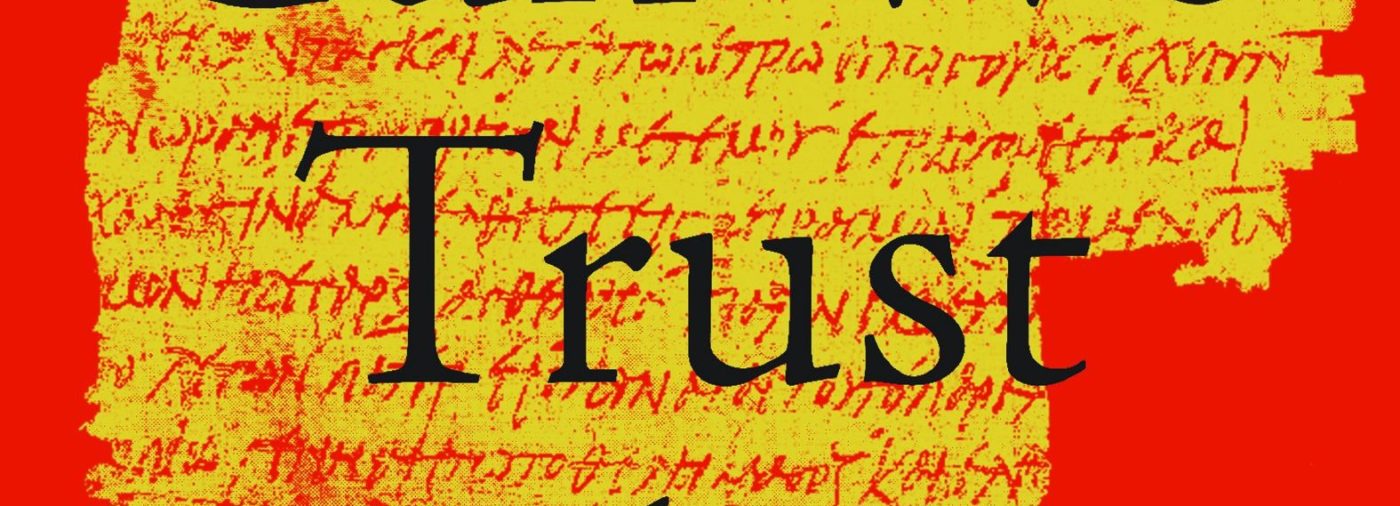
Book Review: Peter Williams’s Can We Trust the Gospels
Peter Williams is one impressive person. He isn’t just Principal of Tyndale House, Cambridge, and Editor of the Tyndale Bulletin. He is also Chair of the International Greek New Testament Project and Associate Editor of the Tyndale House Greek New Testament—my favorite Greek N.T. Williams holds three degrees from Cambridge University (MA, MPhil, PhD). I respect him deeply.
Can We Trust the Gospels? has a different feel, and different content, than other books on the subject. It does not assume the inspiration of Scripture, nor does it ask the reader to take a leap of faith. In this respect it is a compelling read for a non-believer—not at all to say that Christians do not stand to receive valuable insight.
Williams wisely begins with a consideration of the testimony of the ancient non-Christian authors who refer to Jesus and Christianity. As he explains, “Today the most dominant voices in education and the media are non-Christian and often anti-Christian. Never has it been more urgent to train those who can lead their culture away from secularism and help believers grow in confidence and encourage their faithfulness to Scripture.”
The analysis of why Christian belief in Christ as God did not evolve is superb. Briefly put, if Jesus was a mere human, and the earliest form of Christianity did not include his divinity, who could have imposed such a doctrine over the church universally, given the fast spread of Christianity in the first generation? His deity is proclaimed not only in the gospels (c. AD 65-95), but also in the letters, most of which were written even earlier (c. AD 50-68). Further, as the Jews had no concept of demigod, there is no credible intermediate stage in the evolutionary view of the Christian faith.
I will not comment on the other lines of evidence presented—taking in the extraordinary geographic accuracy of the four gospels, undesigned coincidences, the flimsiness of the apocryphal gospels (like the Gospel of Thomas or the Gospel of Philip), and numerous other interesting facts—not because they aren’t well done, but in order to ensure your interest and appetite remain whetted. Overall, Williams’ arguments are as unassailable as they are respectfully presented.
The book is a smooth read with a good flow, and without any dull spots. (If anything, it could have been longer. Dr. Williams knows more than he tells.) This volume is easy to digest, and can be read in a few hours.
I highly recommend Can We Trust the Gospels? I am not just saying this because I am Peter’s friend, but because of the book’s considerable merit. In fact, after reading the e-version, I ordered 10 paperback copies for friends (and intend to purchase many more).
(From douglasjacoby.com. Used with permission.)








